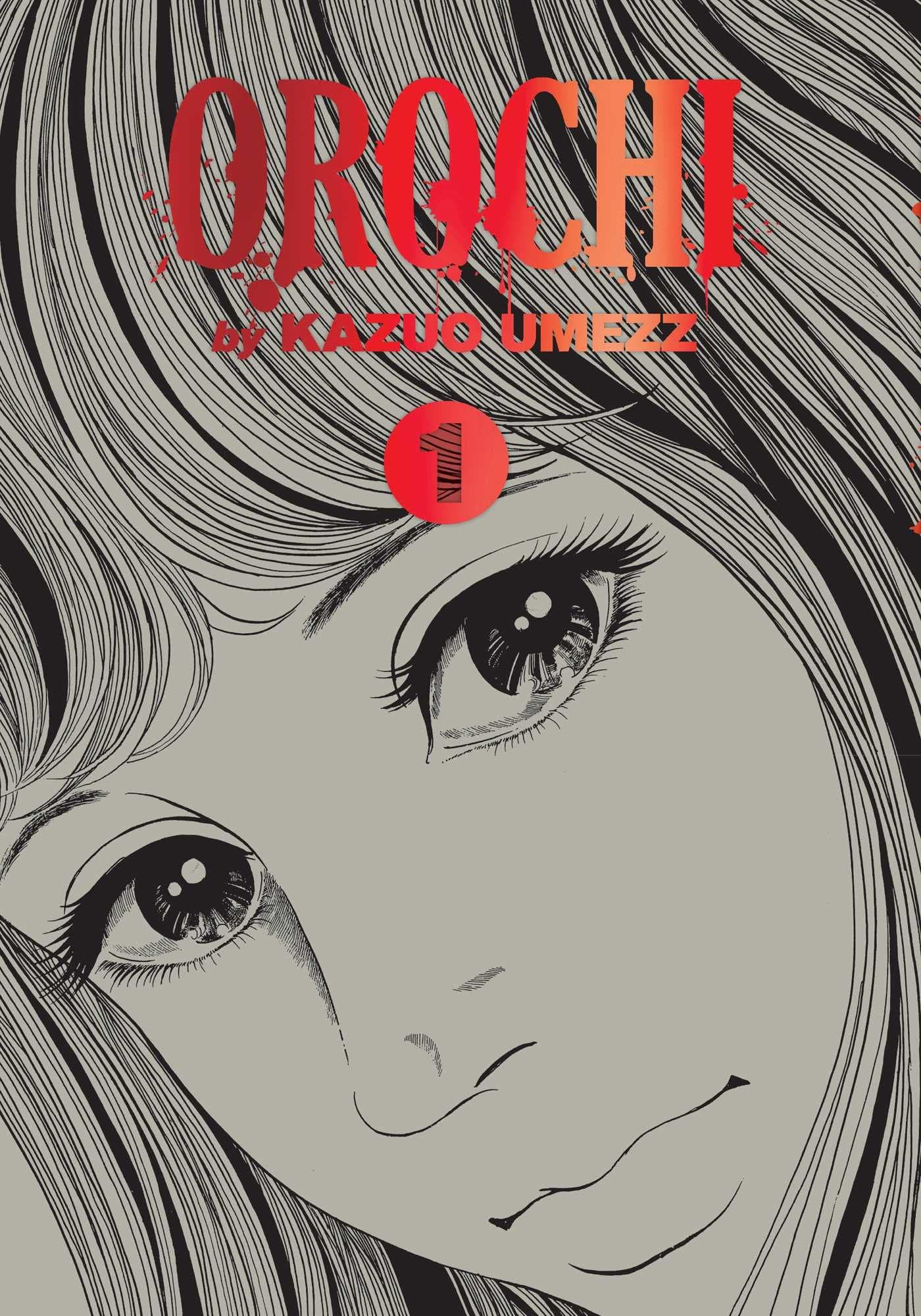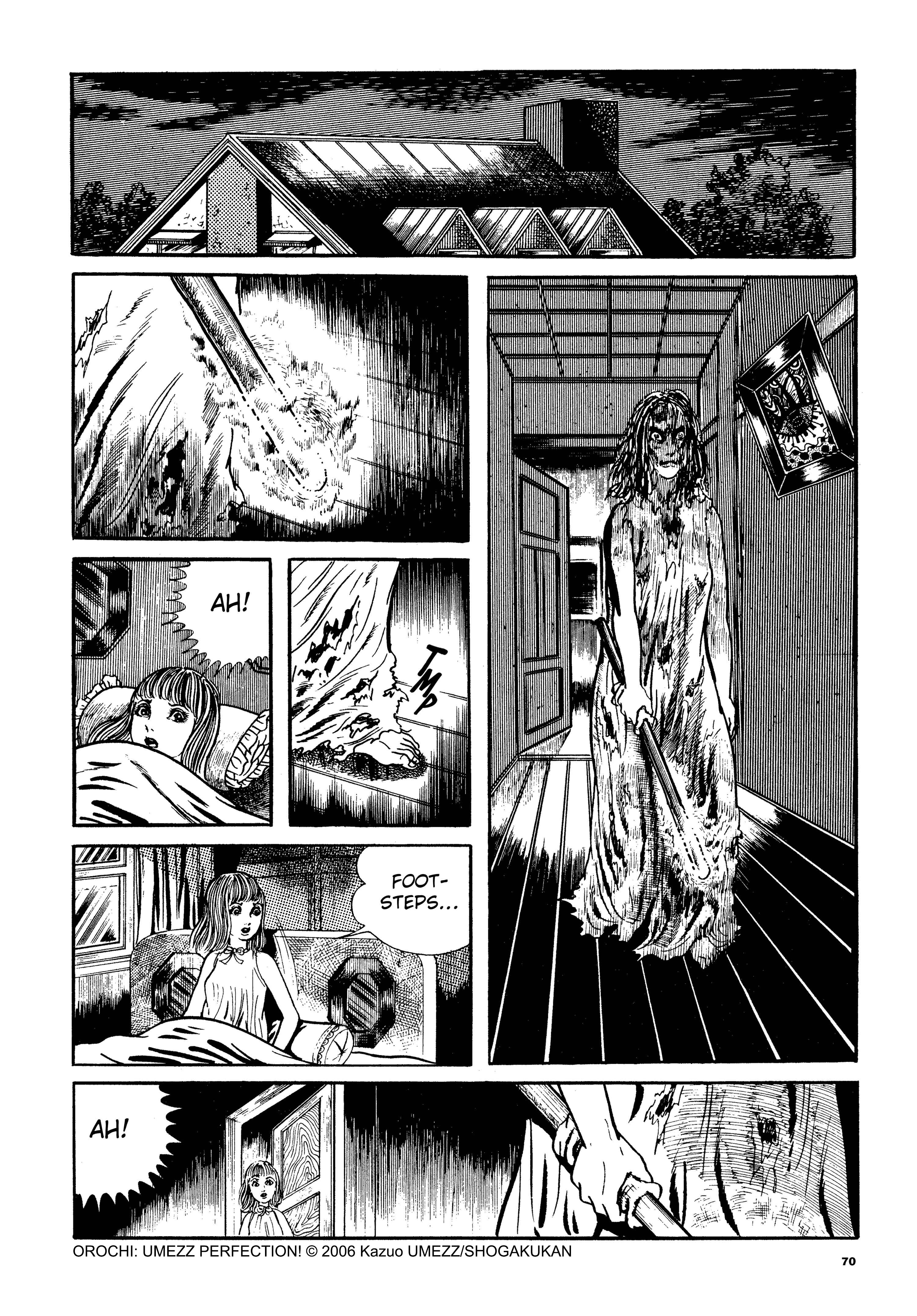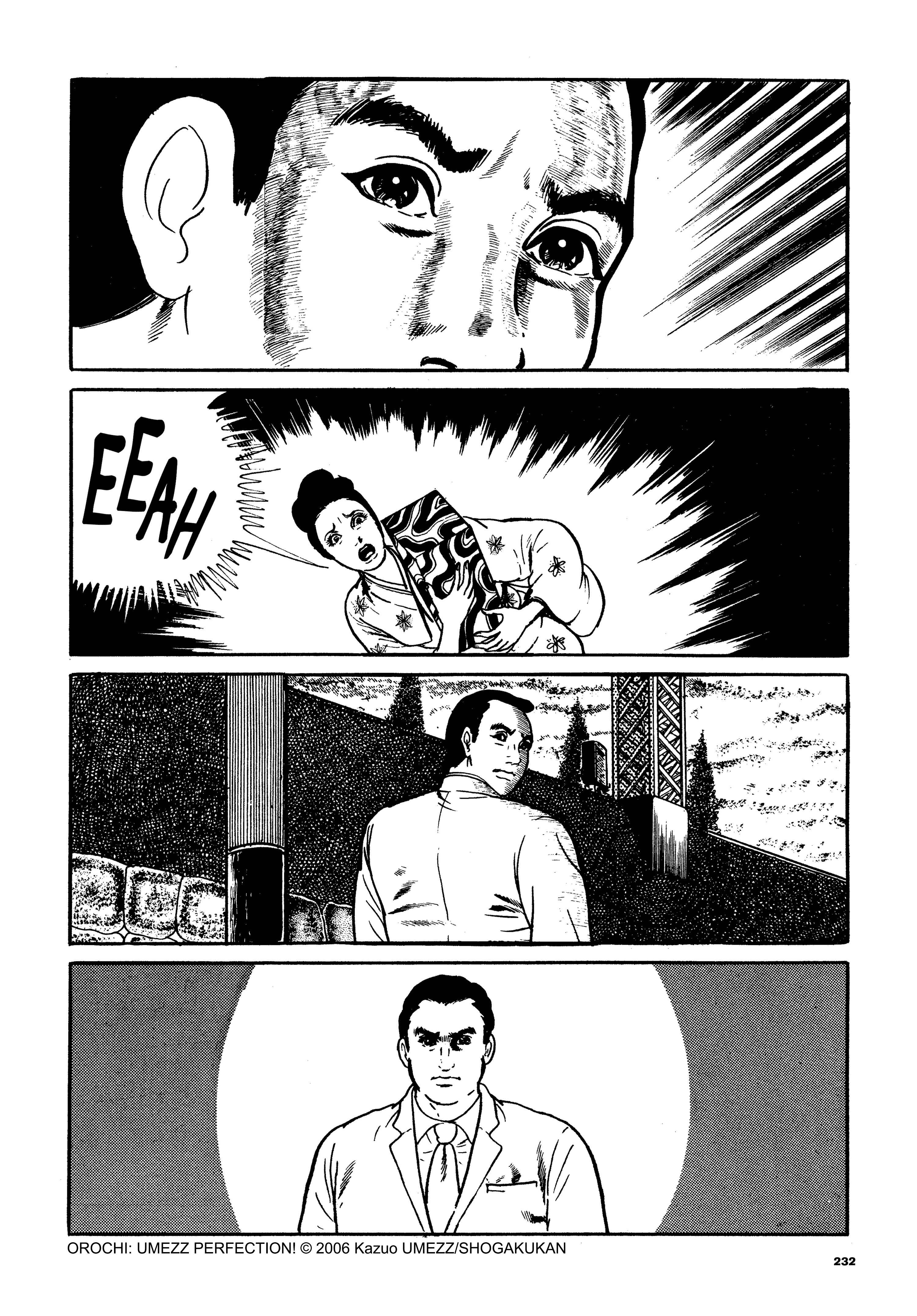Orochi: The Perfect Edition, Vol. 1
- WRITER
- Kazuo Umezz
- Artist
- Kazuo Umezz
- Cover Artist
- Kazuo Umezz
- Publisher
- Viz Media
- Price
- 26.99
- Release Date
- 2022-03-15
Junji Ito is a world-famous Japanese horror mangaka with major hits such as Tomie, Uzumaki, Souichi Tsujii and various other anthology stories published in the Junji Ito: Story Collection series. While Ito's work has spawned major film and television franchises in Japan, he also owes a huge part of his success to another horror manga legend, Kazuo Umezz. Decades before Ito made his debut as a mangaka with Tomie in 1987, Umezz set the standard for many of the horror tropes that would later be associated with Ito. In Orochi: The Perfect Edition, Vol. 1 published by Viz Media, readers can easily see how much influence Umezz's work has on Ito.
Originally published in Shogakukan's Weekly Shōnen Sunday from 1969 to 1970, Orochi is an anthology series that follows the titular heroine's exploits across Japan. In Orochi: The Perfect Edition, Vol. 1, English-speaking readers are introduced to Orochi, a woman of mysterious origin who has the power to manipulate the fates of those she encounters. The source of her powers are unknown, but they are supernatural in nature and she is skilled in various types of spell-casting; she can do everything from memory manipulation to magical surveillance to resurrecting the dead. This makes Orochi very similar to Junji Ito's Tomie, though there are key differences between the two.
Like Tomie, everyone who encounters Orochi experiences deadly misfortune. The difference, however, is that the misfortune Tomie casts on others is deliberate, whereas Orochi's is accidental in nature. In contrast with Tomie who is a demonic embodiment of narcissism, Orochi is actually empathetic toward others. Whereas Tomie uses her supernatural abilities to destroy the lives of everyone she encounters, Orochi actually uses her powers to help others. The problem is, all of her attempts to help cause more harm than good, a recurring theme in both of the stories featured in Orochi, Vol. 1.
In the first story titled "Sisters," Orochi comes across a large mansion occupied by two sisters. She doesn't state her reasons for showing up but poses as their new maid by manipulating their memories. During her stay in the mansion, Orochi learns about a deadly curse that affects only the women in the sisters' bloodline and becomes sympathetic toward them. When she decides to help, however, Orochi accidentally makes things worse for both sisters because she doesn't learn the full truth of their family legacy until it is too late. This same theme is repeated in Vol. 1's second story, "Bones."
In "Bones," Orochi works as a nurse at a local hospital and tends to a male patient who was injured in a hit-and-run automobile accident. When the male patient is discharged, he dies an accidental death shortly after and leaves behind a grieving widow. Just like with the sisters in the previous story, Orochi once again sympathizes with the widow and decides to use her supernatural talents to help. Unfortunately for Orochi, she once again doesn't know the full story, and her attempts to help yield disastrous results for everyone involved.
While Umezz has an established formula for his Orochi stories, he also manages to keep the outcomes unpredictable by never truly depicting any of his characters as clear-cut heroes or villains. Even when the story appears to be going in a predictable direction, Umezz skillfully pulls the rug from under the reader in ways that catch them off guard. Part of the way he achieves this is by making readers sympathize with all of the characters in the story, including Orochi herself. When the true horror of the tale is revealed, readers are left not knowing how to feel about the characters -- even the morally ambiguous ones.
Art-wise, Umezz's pencil and ink work are very similar in style to Junji Ito. Specifically, Umezz gives all his characters a realistic appearance as opposed to a more traditional manga look. He's also highly skilled at using stark contrasts and shadows to convey a strong sense of mystery and suspense. His ability to draw detailed backgrounds likewise succeeds in establishing a haunting atmosphere for both stories featured in Orochi, Vol. 1. It's easy to see why Umezz is a significant influence on Ito's work, not just in terms of storytelling but also in page and panel layout.
On the whole, Orochi: The Perfect Edition Vol. 1 is a must-read for Junji Ito fans who want to get to know one of the major influences behind his work. It's also highly enjoyable for fans of Japanese horror manga in general as Umezz's impeccable storytelling establishes why he is a legend in the genre.



